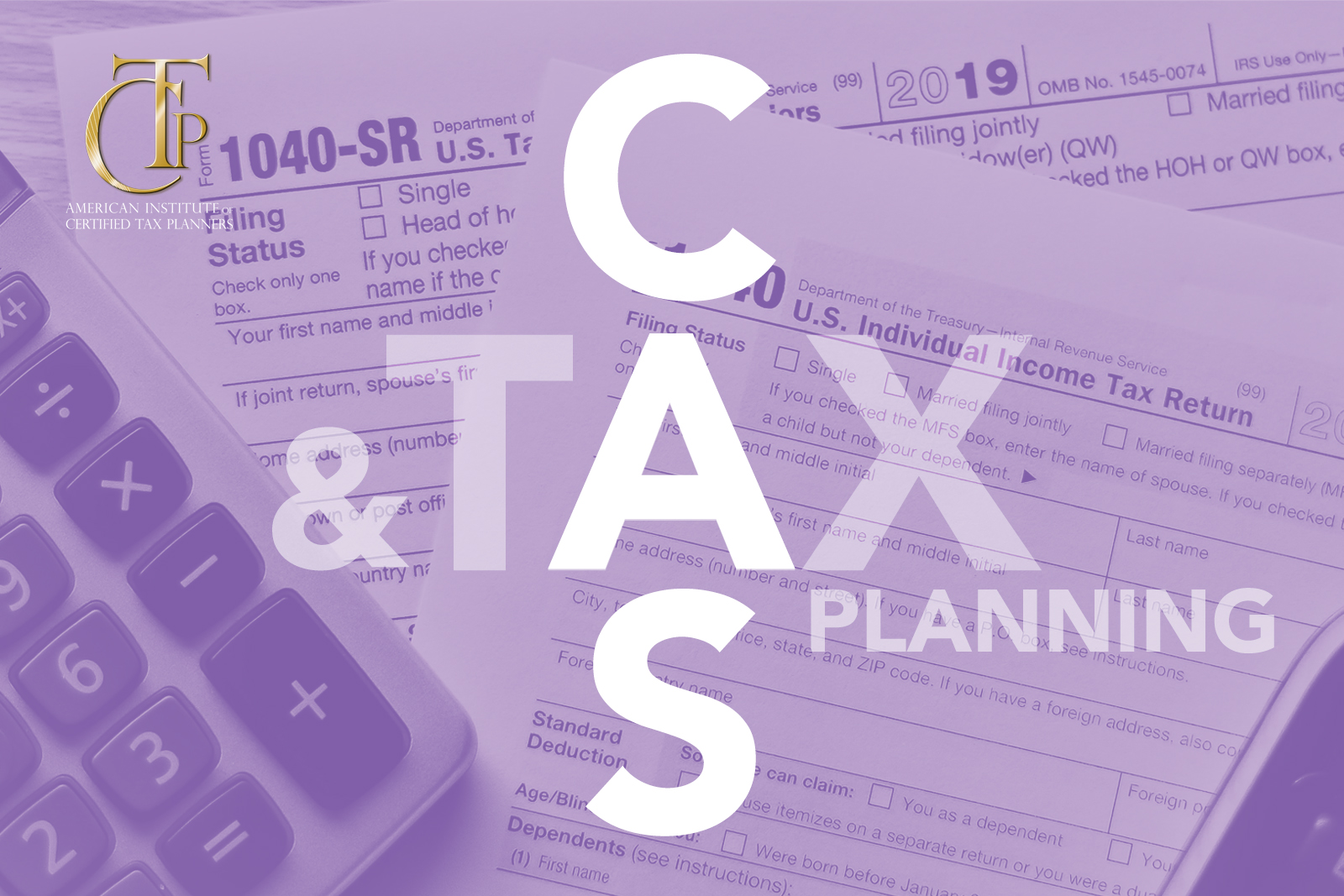Client Advisory Services (CAS) have emerged as a crucial offering for accounting firms, evolving the traditional client-accountant relationship into a more strategic partnership. Defined by the AICPA as services where practitioners provide findings, conclusions, and recommendations to aid in client decision-making, CAS encompasses far more than mere compliance. It offers a new, broader approach to accounting.
At its core, CAS shifts the conversation from a compliance and reporting-after-the-fact perspective to one focused on forecasting, strategy, and achieving business goals. This transformation is driven by the increasing complexity in clients’ financial environments and the need for proactive advice. Clients today are not just seeking traditional services—they want firms to act as strategic advisors to help them navigate a rapidly changing landscape.
With the advent of DIY tax services and AI putting downward pressure on pricing, along with an aging demographic within the industry and fewer younger people choosing accounting as a profession, the tax and accounting industry has been evolving much quicker than in the past. Adoption of advisory servicing is gaining popularity, driven by many of these factors. These changes are reshaping how accounting work is done, which presents both challenges and new opportunities for firms willing to adopt CAS.
A report from CPA Practice Advisor states that 42% of accounting firms are now offering some form of advisory services, ranging from cash flow management to outsourced CFO functions to advanced tax planning.
Additionally, a survey published in the Journal of Accountancy found that firms providing Client Advisory Services saw a 20% increase in net client fees per professional, highlighting the potential to transition from hourly billing to value-based pricing.
Click here for a FREE SAMPLER of AICTP’s tax planning program!
A Change Worth Making
Tax planning is one of the niche client specialty services that can be used to advise and guide your clients to reducing their taxes, helping their cashflow as a result. It’s an area of accounting and tax prep that is little understood due to its complexity and traditional use among only the wealthiest of companies and individuals. Currently, no university or professional certification like EA or CPA teaches tax planning as a skill, not even in the tax attorney field of study! In fact, there is a common misunderstanding within the accounting community that tax planning is limited to retirement planning. That misunderstanding is costing our clients and their small businesses untold revenue every single year!
“Shifting your focus from mere compliance to becoming a strategic advisor requires a nuanced understanding of your clients’ broader financial landscapes, inclusive of their goals, business operations, and personal dreams. This holistic approach paves the way for offering advice that significantly transcends tax savings, aligning more closely with your clients’ overarching financial aspirations,” says Dominique Molina, CEO of the American Institute of Certified Tax Planners. “Building trust and becoming an indispensable resource requires a commitment to consistently delivering value, showcasing your expertise, and upholding the highest standards of professionalism. This trust forms the bedrock of your advisory role, cultivated over time through reliable, impactful advice and outcomes.”
While CAS offers tremendous value, launching or transforming into a successful CAS practice is not a straightforward process. It requires rethinking traditional business models, integrating new technologies, strategies, and ways of relating to your clients. Starting a new advisory expertise like tax planning demands a significant shift in how your firm works with clients. But for those willing to make the commitment, CAS represents a tremendous opportunity to deliver high-value services and establish deeper relationships and trust with clients.
“In essence, the transition to a strategic advisory role amid the constraints of billable hours and the quest for lucrative engagements is challenging but entirely achievable,” Molina adds. “It necessitates a strategic reevaluation of how time and expertise are allocated, ensuring that tax professionals can make a profound difference in their clients’ financial lives while also nurturing their practices’ growth and sustainability.”
Bringing a new advisory service like advanced, proactive tax planning will give you the opportunity to trade billing by the hour or return for value priced service planning and packages. But making that change can be daunting without expert knowledge or a plan to make those changes. AICTP has the solution.
The American Institute of Certified Tax Planners is a not-for-profit organization that teaches all the expert skills you need to provide advanced tax planning services. It provides year-round education and mentoring on how to elevate your practice and serve your clients at the highest level possible. You don’t have to figure it out on your own — you’ll have the roadmap and professional peer support to guide you as you become a trusted and valued expert within your community.
“The role you play as a tax professional is critical. You have the knowledge, the tools, and the opportunity to guide your clients through the complexities of the tax world, helping them navigate towards a brighter financial future,” says Dominique Molina.
Ultimately, CAS represents the future of accounting. Firms that successfully adopt this model can move beyond transactional support to offer clients the insights they need to thrive in an increasingly complex business environment. We invite you to consider tax planning for your firm, and allowing AICTP to be your guide as you build the practice and life you always dreamed of achieving.
Click here for a FREE SAMPLER of AICTP’s tax planning program!





